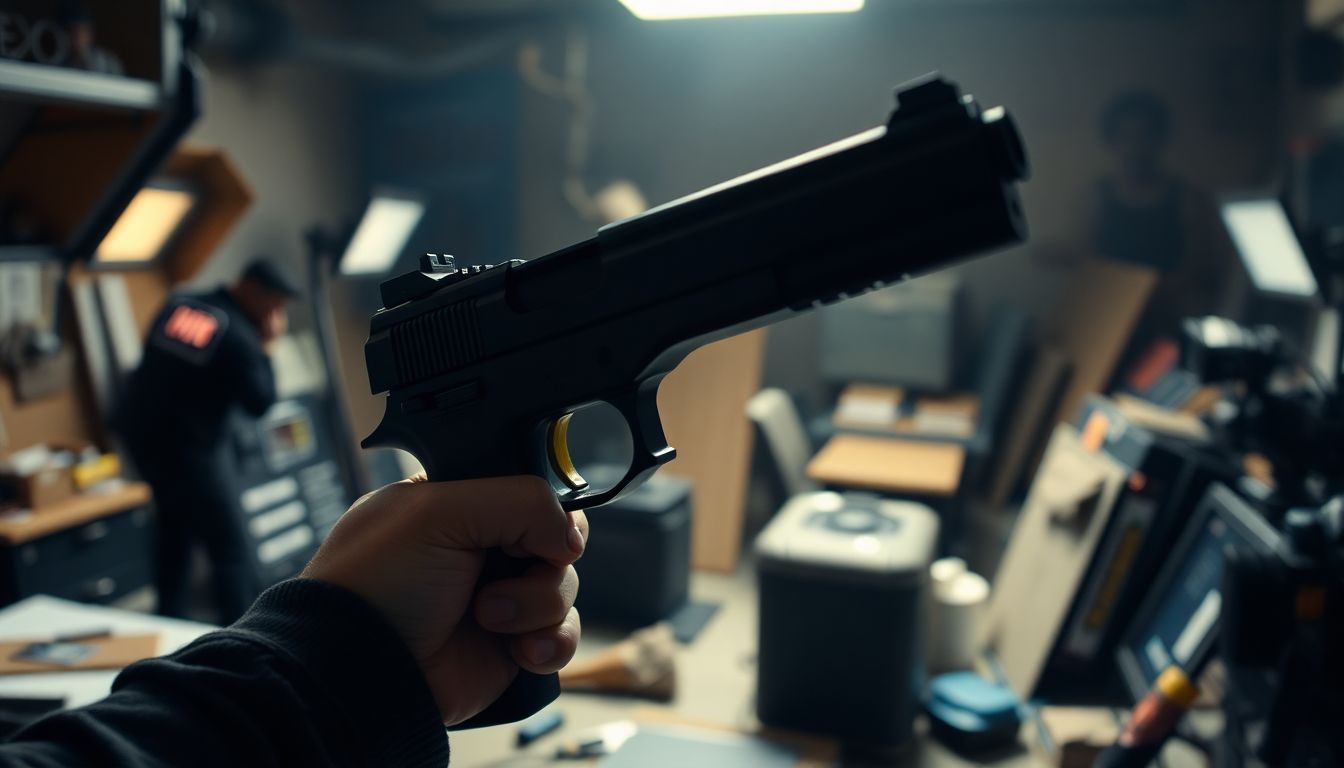Movie set accidents can leave crew members hurt and unsure of their rights. In April 2024, eight crew members were hurt in a crash on a film set near Atlanta. This article explains the legal options for injured film workers.
Learn how to protect yourself on set.
Key Takeaways
- Film crews face high injury risks, with 194 serious accidents and 43 deaths from 1990 to 2014. Stunt workers and carpenters are most at risk.
- Workers’ compensation covers medical costs, rehab, and lost wages for job-related injuries on movie sets, regardless of fault.
- Crew members can sue employers for unsafe conditions or reckless behavior, but signed releases may limit lawsuit options for stunt work.
- Third-party liability allows injured workers to sue companies or individuals not directly employing them, like prop masters or weapons armorers.
- The 2021 “Rust” incident led to stricter safety rules and fewer reported accidents on film sets, with a new focus on worker protection.
Common Causes of Movie Set Accidents

Movie sets can be dangerous places. Stunts, props, and equipment often cause accidents. From 1990 to 2014, 194 serious accidents and 43 deaths happened in the film industry. Stunt workers and carpenters face the highest risk of injury, often suffering broken bones.
Prop malfunctions can be deadly. On the set of “Rust,” a prop gun killed Halyna Hutchins. Stunts also pose great risks. John Bernecker died on “The Walking Dead” set, and Joi Harris died during a motorcycle stunt.
Equipment hazards are common too. Olivia Jackson was badly hurt by faulty gear on “Resident Evil: The Final Chapter.”.
Safety should be the top priority on every film set. One accident is one too many, said a veteran stunt coordinator with 20 years of experience.
Workers’ Compensation for Film & TV Crew
Film and TV crew members can get workers’ compensation if they get hurt on set. This insurance covers medical costs, rehab, and lost wages for job-related injuries. It’s a safety net that protects workers no matter who caused the accident.
I once worked on a movie set where a grip fell off a ladder. Thanks to workers’ comp, he got the care he needed without worrying about bills.
All crew members should have this coverage, even on low-budget productions. It’s key to report injuries right away and see a doctor quickly. Good records help support claims too. I always tell new crew members to keep a small notebook handy to jot down any safety issues they notice.
This habit can make a big difference if something goes wrong later.
Legal Rights of Injured Crew Members
While workers’ compensation covers many job-related injuries, crew members have other legal rights too. Injured workers can get medical costs, lost wages, and other expenses paid. This applies even if the accident happens in a company or personal car during work duties.
Georgia law protects employees doing their jobs, no matter where they are.
Crew members can’t usually sue their employers directly. But there are exceptions. If bosses break safety rules on purpose, workers may file lawsuits. Also, injured crew can sue other parties involved in accidents.
For example, if faulty equipment causes harm, the maker could face legal action. Getting legal help is smart for these complex cases. Lawyers can guide workers through claims and ensure they get fair treatment.
When You Can Sue Your Employer
Suing your employer for a movie set accident is possible in certain cases. Crew members can take legal action if unsafe working conditions led to their injury. This often happens when employers fail to follow safety rules or ignore known dangers.
A negligence lawsuit may be filed if the employer’s actions were reckless or intentional. However, signed releases for stunt work might limit lawsuit options.
Workers’ compensation offers another path for injured crew members. This system provides benefits without the need to prove fault. Still, it may not cover all losses from a serious accident.
Insurance policies held by production companies could offer extra coverage. A legal expert can help navigate the complex rules of liability waivers and insurance claims. As one attorney notes:.
Each movie set accident case is unique. Careful review of contracts, safety protocols, and insurance policies is crucial to determine the best legal approach for injured crew members.
Third-Party Liability in Movie Set Accidents
Movie set accidents can involve third-party liability. This means people or companies not directly employing crew members may be held responsible for injuries. Production companies often face legal claims for on-set injuries.
They must keep work conditions safe and may be liable for employee negligence. Prop masters and weapons armorers can also face civil liability for safety failures with props and firearms.
Legal claims usually target production companies and their LLCs. Directors might be liable if they insist on unsafe equipment. Liability waivers can limit some claims but don’t protect against gross negligence or intentional misconduct.
Independent contractors make up many film crews, which affects how liability is handled in accidents.
Role of Attorneys in Workers’ Comp Claims
Attorneys play a key role in workers’ compensation claims. They help injured workers get the benefits they deserve, including money for medical bills and lost wages. Legal experts guide workers through the claim process and fight for their rights.
They can appeal denied claims and handle cases involving unsafe work conditions.
Law firms like Kaplan Morrell offer free talks to review workers’ comp claims. Lawyers also protect the rights of family members when workers die on the job. Their knowledge of laws and experience with claims can make a big difference in the outcome for injured workers.
The next section will cover recent changes in film and TV workers’ comp cases.
Recent Developments in Film & TV Workers’ Comp Cases
Building on the role of attorneys in workers’ comp claims, recent events have shaped new developments in film and TV workers’ comp cases. The Rust incident in October 2021 sparked a major shift in set safety.
This tragic event led to stricter rules and fewer reported accidents on film sets. The film industry now faces more scrutiny, pushing for better worker protection.
Safety has become a top concern in the film and TV world. New laws aim to protect crew members from harm. These changes come after years of risky practices. In 2011, the industry saw its worst year with five deaths on set.
Today, film companies must provide workers’ comp coverage for all crew. This ensures that injured workers can get help quickly. The focus on safety has grown, leading to more support for those hurt on the job.
Additional Considerations for Crew Members
Crew members must stay alert to potential hazards on set. They should report unsafe conditions promptly and keep detailed records of any incidents.
Importance of Documenting Incidents
Documenting incidents on movie sets is vital for crew safety and legal protection. Proper records help with workers’ comp claims and shield production companies from lawsuits. A designated crew member should keep detailed logs of all injuries, illnesses, and near misses before filming starts.
These logs must include key details like dates, times, people involved, incident descriptions, and witness contacts.
Incident reports cover a wide range of events on set, not just physical injuries. Logging all issues creates a clear picture of workplace safety. This data helps spot trends and prevent future accidents.
Crew members should report any problems right away to ensure accurate records. Quick reporting also helps workers get prompt medical care when needed.
Seeking Medical Attention Promptly
Moving from documenting incidents to seeking medical care, prompt action is key. Injured crew members must get medical help fast, no matter how small the injury seems. Film sets usually have first aid kits ready.
Crew should know where these kits are and how to use them. Quick care helps both health and legal claims.
Getting medical help right away creates a clear record of the injury. This record is vital for any future claims. Injured workers should keep all papers from doctor visits. They must also follow their doctor’s orders closely.
Fast treatment can stop small problems from getting worse. On-set medical staff can give quick help in emergencies.
Conclusion
Movie set accidents can have serious consequences for crew members. Knowing your legal rights is crucial for protecting yourself and getting fair compensation. Workers’ comp covers most on-set injuries, but you may have other options too.
Always report accidents right away and get medical help quickly. With the right knowledge and action, you can safeguard your health and career in the film industry.
For more information on how liability is determined in accidents, consider reading our article on understanding school liability for student accidents.
FAQs
1. What legal rights do movie crew members have after an on-set accident?
Movie crew members have the right to seek compensation for injuries sustained on set. They can file workers’ compensation claims or lawsuits against negligent parties. These rights protect their health and financial stability after accidents.
2. Who is responsible for ensuring safety on movie sets?
Production companies bear primary responsibility for set safety. They must follow industry standards and legal requirements. Directors, producers, and safety coordinators also play key roles in maintaining a secure work environment for all crew members.
3. How can crew members protect themselves legally before starting work on a film?
Crew members should review their contracts carefully. Understanding insurance coverage and safety protocols is crucial. They can also join unions for added protection and resources. Documenting any safety concerns helps build a strong case if issues arise later.
4. What steps should a crew member take immediately after a set accident?
First, seek medical attention right away. Report the incident to supervisors and document everything thoroughly. Gather witness statements if possible. Consult with a lawyer experienced in entertainment industry accidents to understand your options and protect your rights.
References
- https://www.azhurtonthejob.com/blog/work-injury-illness/top-film-set-injuries/ (2023-10-31)
- https://workercomplaw.com/workers-comp-attorneys-film-industry-set/
- https://www.rkmlaw.net/analysis-of-film-set-injuries-and-deaths/
- https://www.avvo.com/legal-answers/can-i-sue-a-production-company-for-injuries-caused-4173084.html (2019-01-30)
- https://www.lawyertime.com/practice-areas/movie-production-accident-attorneys/
- https://kaufmanlawatlanta.com/how-are-personal-injury-claims-handled-on-movie-sets/
- https://kaplanmorrell.com/educational-resources/workers-compensation-lawyers-guide-movies/
- https://www.amillerlegal.com/workers-compensation/tv-and-film-set-workers/
- https://workercomplaw.com/film-tv-crew-workers-comp-attorneys/
- https://www.wrapbook.com/blog/filling-out-an-incident-report-log (2024-05-28)
- https://raindance.org/everything-you-need-to-know-if-you-get-injured-on-a-film-set/ (2023-04-19)

